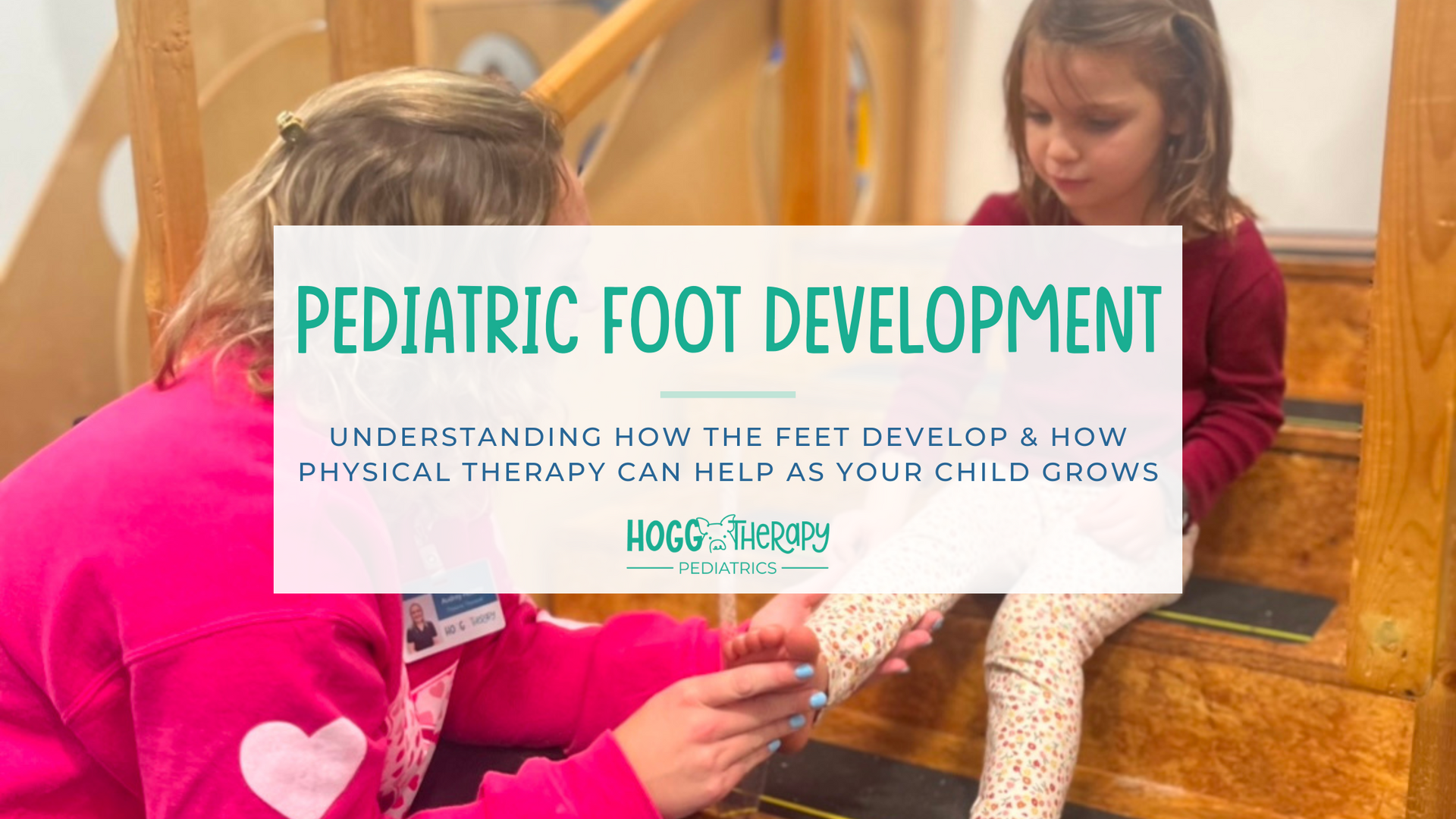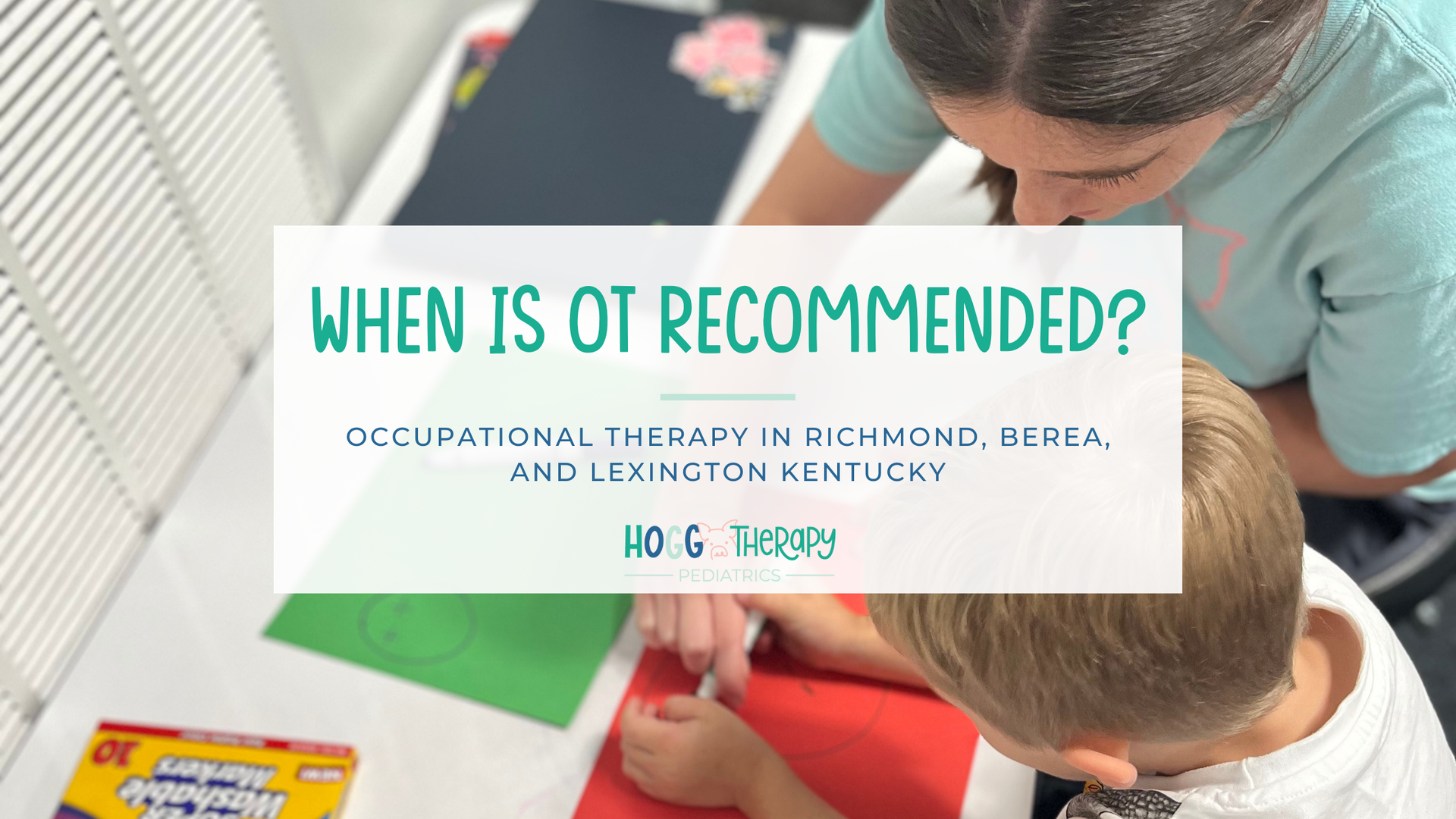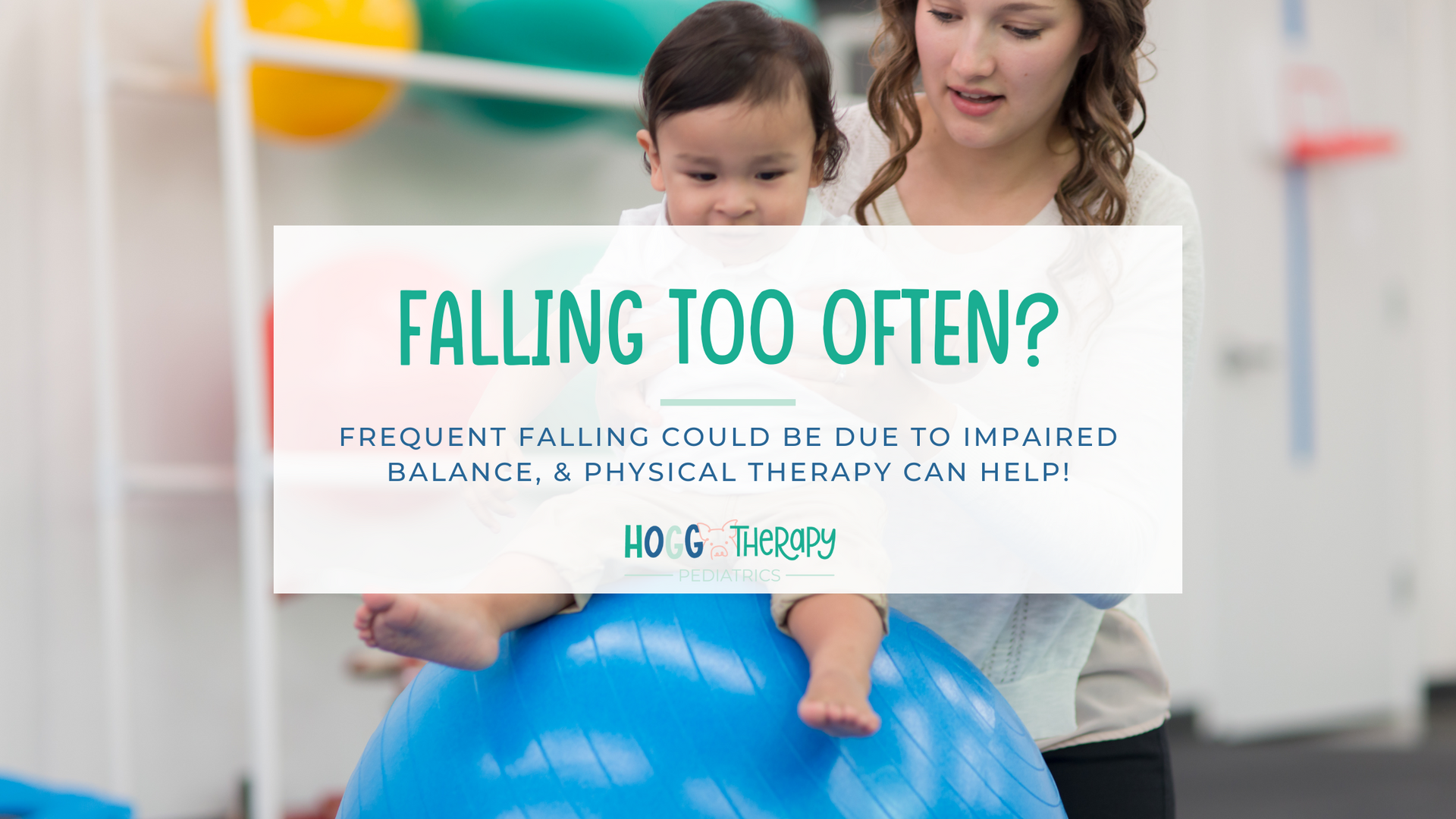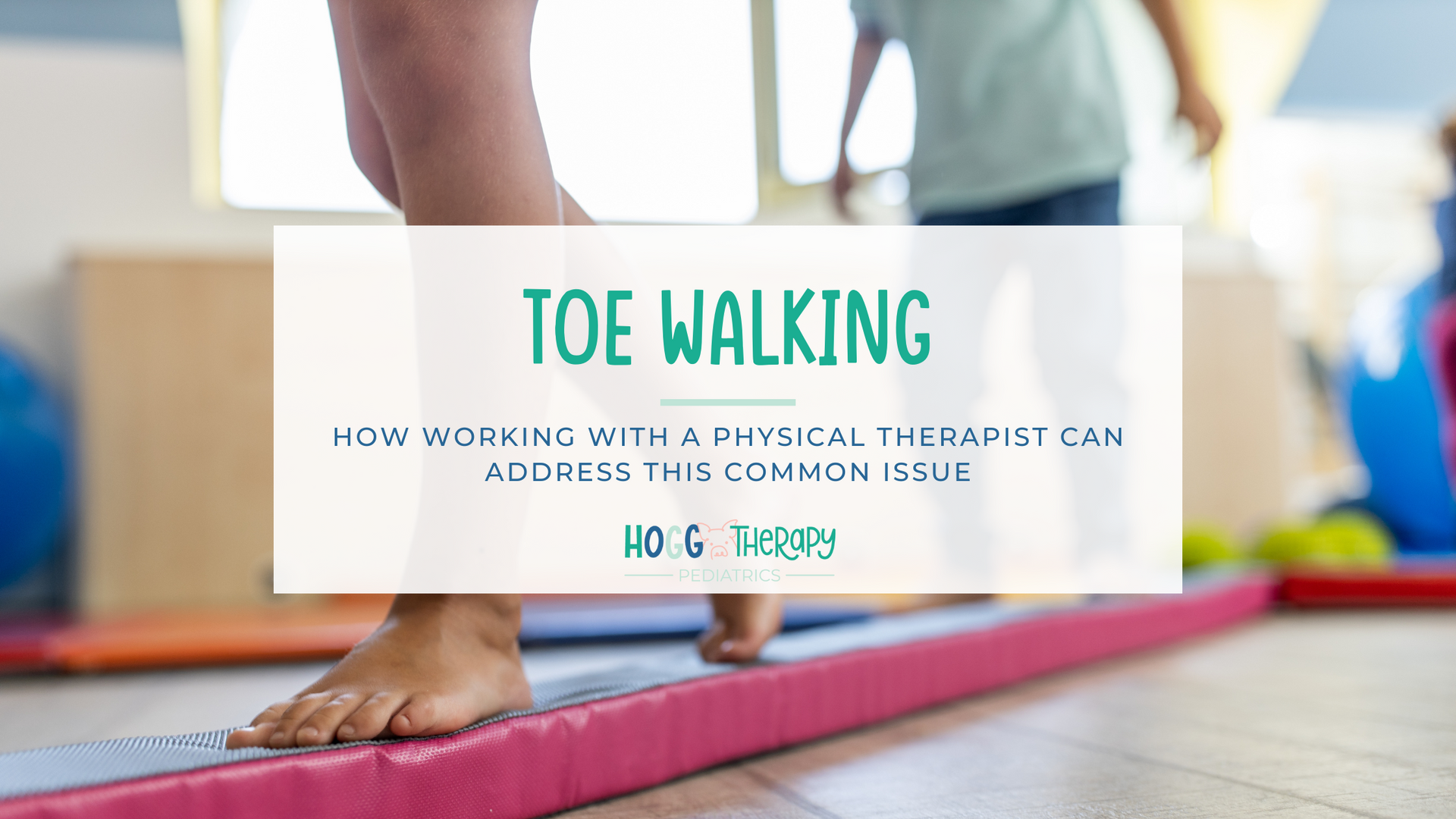Building Brain Skills: What is Executive Functioning?
Abby Taylor, OT
As therapists, we love building brain skills that kids need to succeed. One of these necessary skills is executive functioning, but what exactly is that?
Executive Functioning
Executive functioning is the name for cognitive skills that we all need to participate in the things we want to do and need to do. These are skills that allow us to plan, organize, and regulate our bodies and minds so that we can participate in work, play, school, and household activities. For children, these skills grow and emerge through participating in daily routines and play activities.
As therapists, it is our job to help cultivate these skills. Your child may appear disorganized or have poor memory, resulting in frustration for both you and the child. There are many different strategies that we can set in place to help with that, such as visual charts, schedules, and different ways of communicating. Does your child have a short attention span? There are activities and strategies that we can use to help engage them and encourage them to participate in games and daily activities!
Without these skills, children may get frustrated easily, have a difficult time following instructions or a routine, they may forget instructions or household rules, and have tantrums or meltdowns when in a new place or with new people.
Examples
After answering what exactly executive functioning is, the next question is likely, “What do I need to look for in my child?” Listed below are some examples of executive functioning skills your child should demonstrate.
Attention
- Playing structured games with friends or family without losing interest
- Sitting at the table during mealtimes
Memory
- Learning and retaining new information like letters, colors, and numbers
- Remembering household rules/routines
- Thoroughness during bathing/toileting
Organization
- Locating necessary objects and items during the day
- Putting away clothing in drawers or in closet
Planning Ahead
- Completing home exercises from therapy
- Picking out outfits for the day
- Following a bedtime or morning routine
Impulse Control
- Playing with a single toy or activity without abandoning the task
- Holding caregiver’s hand in parking lots
- Participating in grocery shopping without tantrums
Emotional Regulation
- Frustration tolerance
- Losing/winning during a game
- Tolerating new people and places
If you notice your child having difficulties in any of these areas, occupational therapists at Hogg Therapy are trained in evaluating and treating executive functioning deficits. Visit our website here , or give us a call at 859-353-3666 if you have any questions or concerns about your child.















































































































